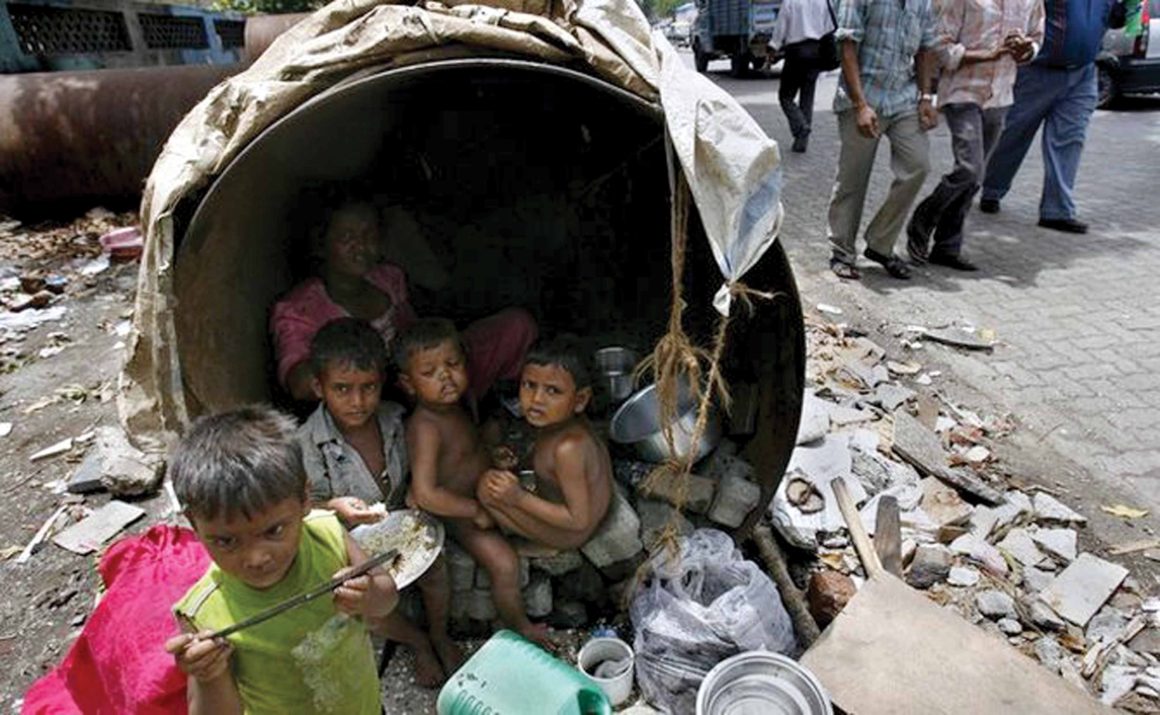Generally, we can conceptualise governance as the rule of rulers within a given set of rules. We may infer that governance is the mechanism by which powers are delegated, and laws are applied and updated. Explaining governance thus includes both the rulers and the laws and the various mechanisms from which they are chosen, described and connected, along with society in general.
However, in this definition of governance, the second important question is: What is good governance? Again, a number of slightly diverse definitions and an understanding of what the term actually means have clouded the debate about governance meaning. It is generally defined as structures to facilitate it. Good governance has been connected in many ways, for example, with democracy and strong human rights, accountability, the rule of law and effective public services. Let’s explore how world institutions and experts define them:
Governance
“The exercise of economic, political, and administrative authority to manage a country’s affairs at all levels. It comprises mechanisms, processes, and institutions, through which citizens and groups articulate their interests, exercise their legal rights, meet their obligations, and mediate their differences.” – UNDP.
The way “ … power is exercised through a country’s economic, political, and social institutions.” – the World Bank’s PRSP Handbook.
“The traditions and institutions by which authority in a country is exercised” – Kaufman et al
Governance dimensions
“Property rights and rule-based governance; the quality of budgetary & financial management; the efficiency of revenue mobilization; the efficiency of public expenditures; and transparency, accountability and corruption”. – World Bank CPIA indicators.
“Fundamental aspects of governance” are graft, the rule of law, and government effectiveness. Other dimensions are voice and accountability, political instability and violence, and regulatory burden. – Kaufmann, Kraay and Zoido-Lobaton 1999
Good governance
It is “… epitomized by predictable, open and enlightened policy-making; a bureaucracy imbued with a professional ethos; an executive arm of government accountable for its actions; a strong civil society participating in public affairs; and all behaving under the rule of law.” – World Bank 1994: Governance: The World Bank’s Experience.
It “… encompasses the role of public authorities in establishing the environment in which economic operators function and in determining the distribution of benefits as well as the relationship between the ruler and the ruled.” OECD
It is “… among other things participatory, transparent and accountable. It is also effective and equitable. And it promotes the rule of law.” – UNDP
What happens if governance fails?
There is directs and an unalterable or unquestionable link between the failed state and failed governance. Both are complementary to each other in the objective to achieve the inclusive and sustainable development of society. So far we explore what governance and good governance should be, that is, we looked into the definitional aspect. But, what about the practical dynamics underneath the process of governance and development?
It’s disheartening that the ultimate challenge India is facing today is a lack of good governance/failed governance. India is still fighting against four enemies, poverty, ignorance, corruption and disease and still poor in all aspects of life like economically, socially, academically. The reason is nothing but failed governance. The rigid governance structure, old bureaucratic system, weak public institutions, lack of inclusion or participation of marginal sections in decisions making bodies, prejudice mindset or caste consciousness, has imperilled the overall principle of governance hence halted socio-economic growth in nut and shell.
Therefore, the state should bear in mind that the failure of governance lead to the failure of the state, no matter how noble state was in its actions. We should understand that path to salvation is pivotal to achieve the end goals, and if any hindrance or anomaly in the process is found and not corrected would certainly miss you from goal. Therefore, to maintain the pace of growth in the right direction, its state responsibility to take care of good governance in every minuscule way possible.


